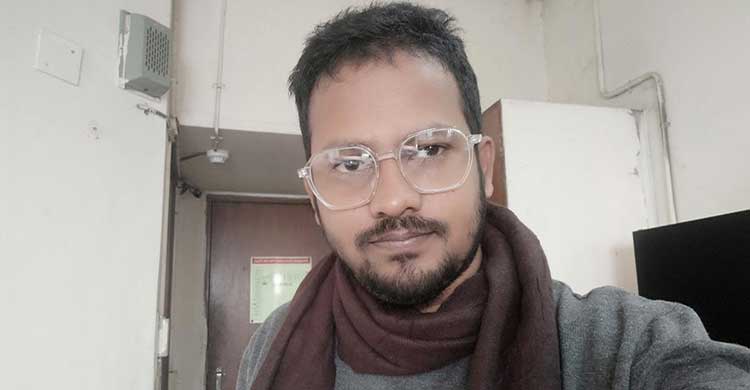Death Penalty: A Solution or Way to Ignore the Grand Causes?

Sohail Bin Jaynul: “Death Penalty is not only unconstitutional but also undesirable from several points of view.” Justice Bhagwati made this assertion in his dissenting judgement in the case of Bachan Singh v. the State of Punjab (AIR 1980 S.C. 898). My aim is not to argue on the legitimacy or constitutionality of the death penalty. There are lots of debate on this. I will just try to light on the opinion of his Lordship Justice Syed Mahmud Hossain, former Chief Justice of the Bangladesh Supreme Court. In his view, “hanging does not protect the society.” This assertion is backed by lots of reports.
A report of Amnesty International shows that “in 2004, in the USA, the murder rate for States that used the death penalty was 5.71 per 100,000 of the population as against 4.02 per 100,000 in States that did not use it. In Canada, after abolishing the death penalty, the crime rate had fallen by 44 per cent from 1975 to 2003. I will not argue that “abolishing the death penalty can reduce the murder rate.” But it is clear from the data mentioned above that imposing the death penalty has no practical value to reduce murder or grievous crime. There is something by controlling which the crime rate can be controlled. That means the rate of crimes is related to some other factors which are interestingly untouched.
No man born as a criminal or to be a criminal. Our surroundings make them criminal. Certain grand causes are responsible for increasing any crime. For example- in Abrar-Killing, long time foul political practice, lack of awareness, self-slavery of the specific party and non-tolerance to the different opinions are commonly responsible. There may be more causes for the same. And it is the duty of the government and the plan makers to identify these causes and think about the solution. But it is actually not happening. Rather State usually arranges a killing ceremony in the name of the death sentence.
If we take the example of Abrar Killing, 20 students have been sentenced to the death penalty and five with lifetime imprisonment. The future of this case still depends on the Courts procedure like appeal, review etc. People of all sectors are claiming hurry execution. But we consciously or subconsciously forget one thing- whether the execution of the death sentence can reduce similar crime in the future? When the answer is no, as per all the data, the government ignores its duty to identify all the grand causes responsible for crimes like murder. As a result, the main factors remain untouched, and the death sentence rate increases day by day. The government should at least take a lesson from Abrar killing and think about the grand causes instead of killing people in the name of the death sentence. “Hanging does not protect our society” instead, we have to remove all the factors responsible for crimes in our society.
The writer is a Student of South Asian University, New Delhi

